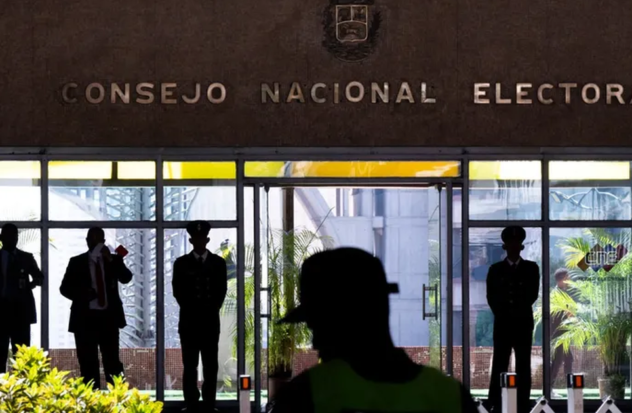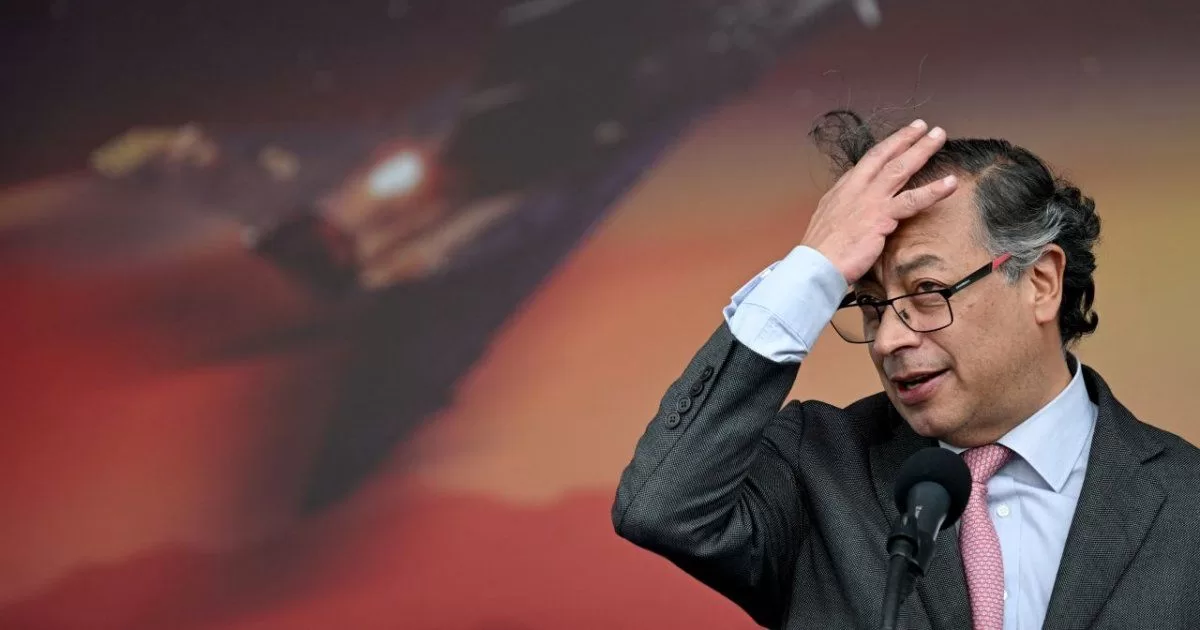The opposition candidate Edmundo Gonzalez Urrutia He was the president-elect according to 73.20% of the votes that the united opposition had in its possession on Monday, July 29, but the National Electoral Council (CNE) at the service of the regime endorsed the victory of Nicolás Maduro for his reelection, without auditing, totaling or publication of results.
Since its beginnings in March, the electoral process has been characterized by the opacity of the electoral body, the disqualification and illegal suppression of opposition candidates, such as that of the leader María Corina Machado, the verbal violence and intimidation of the official electoral campaign, resistance to national and international observation and other successive events that taint it as an act of fraud.
A report from the Department for Electoral Cooperation and Observation of the Secretariat for Strengthening Democracy of the OAS, published on July 30, records “illegalities, vices and bad practices,” according to reports collected, during the phases of the elections in VenezuelaThis is without taking into account the number of obstacles, persecutions and arrests of opponents in the run-up to the elections.
Advantage and violence
1. On March 7, he announced that the presidential elections would be held on June 28, in five months, and published the electoral schedule late without consulting or informing the population.
2.- The voting population was 21.3 million. The number of Venezuelans residing abroad was set at 69,211, or 0.32% of the 107,000 registered to vote outside Venezuela.
3. The deadlines for migrant registration were barely one month long. Voters did not have the means to update their addresses or register. Some 40,000 who are in the US were unable to vote.
4. The nomination of academic Corina Yoris, chosen by María Corina Machado to represent her candidacy, which was prevented from being elected, was denied.
5. Diplomat Edmundo González managed to register as a candidate for the unitary opposition, in Yoris’ place, with the MUD card threatened with an appeal for annulment in the Supreme Court.
4. On the electronic ballot, Maduro appeared in 13 of the 38 polling stations. Edmundo González appeared in only 3.
5. In May, the CNE revoked the invitation to the European Union observation mission. The CNE president justified the decision by the sanctions.
6. On July 17, Maduro stated that if he does not win re-election, the country could “fall into a bloodbath, into a civil war,” launching an electoral campaign of intimidation and violence.
7. Other spokesmen for the regime intimidated government officials by saying that it would be known for whom they were going to vote.
8. The CNE made sudden changes to voting centers in at least 13 states, two days before the election. There were also changes in Spain and Colombia, countries with a large number of Venezuelan migrants.
9. The regime prohibits the entry of political observers invited by the opposition for the elections.
10. Delegations from the Carter Center and the UN Mission of Experts, invited by the CNE, witnessed the elections. They refused to issue reports.
Fraudulent process of 28J
According to the OAS report, events on election day “confirm a coordinated strategy to undermine the integrity of the electoral process.”
1. The 30,026 polling stations opened at 6:00 am as normal, with long queues forming since dawn. 1% of incidents were reported, including delays, slowness and machine failures. Of the total, 18 could not be set up.
2. Maduro, from his polling station around 7:00 am, urged his followers to carry out a “finishing operation” which means taking over the centers to “convince and win.”
3. In 22% of the voting centers, the mobilization of voters sympathetic to the ruling party with public resources was observed.
4.- Opposition witnesses were prevented from entering 1,300 voting tables.
5. At 6:00 pm, as required by electoral regulations, the 15,797 polling stations were closed because there were no voters in line. And the chain of obstacles began.
6. More than 400 centres were identified where witnesses were not given voting records, and in some cases they were even thrown out of the premises, which violated the law.
7. Military personnel denied the main opposition witnesses before the National Board of the CNE entry to the headquarters of the electoral body to witness the process.
8. Data transmission suddenly stopped around 9:00 pm, according to reports from voting centers, which the government called “hacking,” while the CNE “made appear” 40% more tables that had not transmitted from the voting centers, and announced the result with 80% of “minutes computed.”
9. The manual counting of votes in polling stations in working-class areas of Caracas and the interior was “protected” by military personnel controlled by the Minister of Defense, Vladimir Padrino López, according to reports.
10. The appearance of violent groups supporting the regime in voting centers in popular areas harassed witnesses and citizens seeking citizen verification and the work of the tables was paralyzed.
11. Hooded individuals in some interior polling stations took away voting boxes, according to reports on social media.
12. At 12:07 am, the president of the CNE, Elvis Amoroso, an ally of the regime, read the first official bulletin with 80% of the minutes transmitted and 59% of the votes counted. According to this, 51.20% for Maduro, 44.2% for González and 4.6% for the other 10 candidates. He did not report the 2.5 million missing votes (neither null nor abstention), among other “arithmetic errors.”
13. The first CNE bulletin that gave Maduro the victory was not printed in the electoral body’s tally room, in the presence of witnesses, as the law requires, according to a complaint later made by candidate Enrique Márquez, of the Centrados party, with information from his accredited staff.
14. Maduro was proclaimed president in less than 24 hours by the CNE without auditing or publishing the results of each of the 30,026 voting tables. The electoral body has still not published them, despite national and international demands.
15. The Carter Center, in an unprecedented statement, said four days later that the presidential election “did not meet the standards of integrity and cannot be considered democratic.”
Source: With information from the OAS report, networks


